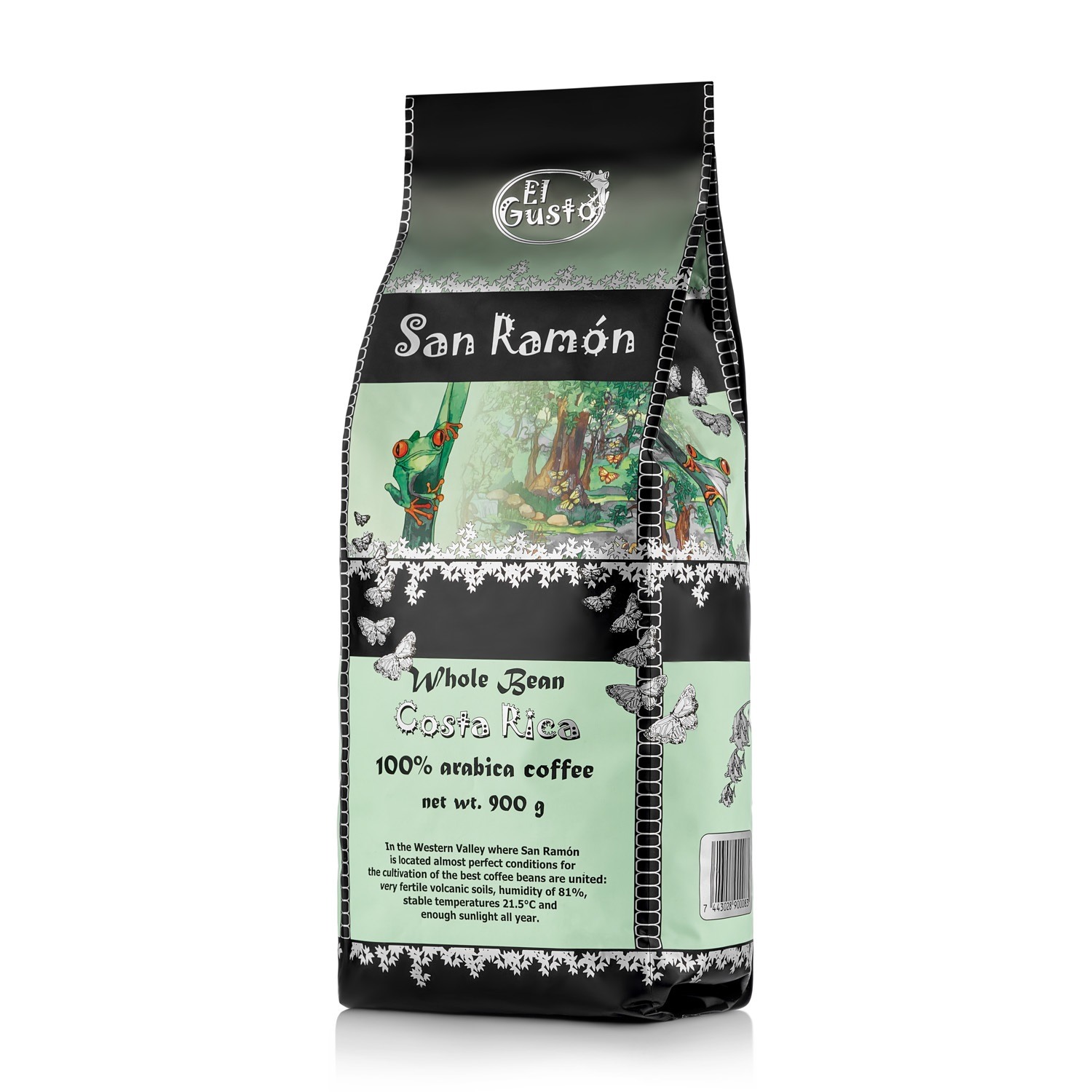
Brewing Longevity: Exploring the Link Between Coffee and Lifespan
Brewing Longevity: Exploring the Link Between Coffee and Lifespan
- azeem memon
- 09-02-2024
- 09-02-2024
- 1262 views
- Coffee Health

Coffee, with its rich aroma and bold flavor, has captivated humanity for centuries. Beyond its delicious taste and energizing effects, emerging research suggests that coffee consumption may be linked to longevity and improved overall health. In this blog, we’ll delve into the fascinating relationship between coffee and lifespan, examining the latest scientific findings and exploring how this beloved beverage may contribute to a longer, healthier life.
The Health Benefits of Coffee
Antioxidant Powerhouse: Coffee is loaded with antioxidants, including chlorogenic acid and polyphenols, which help combat oxidative stress and reduce inflammation in the body. These compounds have been linked to a lower risk of chronic diseases such as heart disease, cancer, and neurodegenerative disorders.
Heart Health Support: Studies have shown that moderate coffee consumption may have cardiovascular benefits, including a reduced risk of stroke, heart failure, and coronary artery disease. Coffee’s protective effects on heart health are thought to be attributed to its antioxidant and anti-inflammatory properties.

Coffee and Longevity
Reduced Risk of Premature Death: Several large-scale studies have found an association between coffee consumption and a lower risk of premature death. Research suggests that regular coffee drinkers may have a reduced risk of mortality from various causes, including heart disease, stroke, diabetes, and even certain cancers.
Brain Health and Cognitive Function: Coffee has been shown to support brain health and cognitive function, potentially reducing the risk of age-related cognitive decline and neurodegenerative diseases like Alzheimer’s and Parkinson’s. Caffeine and other bioactive compounds in coffee may enhance memory, focus, and overall brain function.
Factors to Consider
Optimal Consumption Levels: While moderate coffee consumption appears to confer health benefits, it’s essential to consume coffee in moderation. The optimal amount varies depending on individual tolerance, health status, and other lifestyle factors. As a general guideline, consuming 3-4 cups of coffee per day is considered safe for most adults.
Individual Variability: It’s important to recognize that the effects of coffee on longevity may vary among individuals. Factors such as genetics, overall diet, lifestyle habits, and pre-existing health conditions can influence how coffee affects individual health outcomes.
Practical Considerations
Quality Matters: Opt for high-quality, freshly brewed coffee made from organic beans whenever possible. Avoid excessive added sugars, artificial flavors, and unhealthy additives commonly found in flavored coffee drinks and sugary syrups.
Balanced Lifestyle: While coffee may offer health benefits, it’s just one aspect of a healthy lifestyle. Pairing coffee consumption with a balanced diet, regular exercise, adequate sleep, and stress management strategies is essential for overall well-being and longevity.
Conclusion
Coffee has transcended its role as a mere beverage to become a symbol of vitality and enjoyment. Emerging research suggests that moderate coffee consumption may contribute to longevity and improved health outcomes, thanks to its powerful antioxidant properties and potential protective effects on heart health and brain function. By savoring a cup of coffee mindfully and in moderation, individuals can potentially enhance their longevity and quality of life.






















